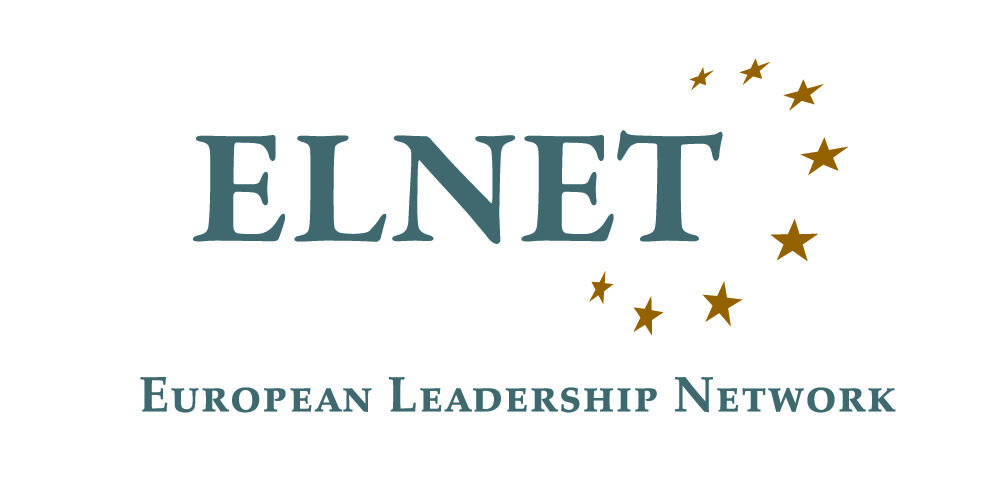With Israel celebrating its 75th Independence Day, ELNET-Israel CEO Dr. Emmanuel Navon takes a moment to reflect on the Europe-Israel relations and ELNET’s role in strengthening them.
Original article published in the Jerusalem Post here
Israel’s 75th Independence Day is an opportunity to reflect on relations with Europe and the role of the European Leadership Network (ELNET).
One of the recent milestones in Israel’s foreign relations has been the Abraham Accords, which normalized diplomatic relations between Israel and several Arab states. This landmark agreement promotes not only regional stability and economic cooperation, but also creates new opportunities for relations between Europe and Israel. ELNET has been instrumental in initiating dialogues and fostering relationships between Israeli, European, and Arab policymakers.
ELNET is playing a key role in involving European countries in the Abraham Accords. In December 2022, for example, ELNET hosted an international conference in Jerusalem on “Europe and the Abraham Accords.”
As the war in Ukraine has brought back military threats and has produced an energy crisis in Europe, Israeli military expertise and technological edge are potentially in high demand – but for this potential to materialize, one must be proactive. ELNET helps introduce Israeli solutions to European challenges by bringing European delegations to Israel, hosting dialogues between Israeli and European think tanks, and by accompanying partnerships between Israeli and European companies.
As Europe seeks to reduce its dependency on Russian gas and reduce carbon emissions, Israel’s significant natural gas resources and innovative technologies in renewable energies are invaluable. ELNET has initiated successful joint projects between Israel and Europe in the field of environmental sustainability, for example, through a joint German-French ClimateTech delegation a few months ago.
ELNET IS proud of its crucial role in strengthening Israel-Europe relations, but it is also aware of the challenges ahead. The war in Ukraine, the global geopolitical contest between the US-led order, the alternative one jointly promoted by China and Russia and the growing military cooperation between Iran and Russia have confirmed that Israel’s strongest allies are in the West.
Europe is a pillar of the West. Two European countries – the UK and France – have global military reach, nuclear weapons and a permanent seat at the UN Security Council. Germany is the world’s fourth-largest economy. The European Union (EU) is Israel’s first trade partner.
Upcoming EIPC conference
ELNET’s upcoming International Policy Conference (EIPC) in Paris on May 8 will bring together the world’s top experts and most influential decision-makers. This unique event will attract 500 participants and 70 speakers from Israel, Europe, the US, and Arab countries.
The conference will provide a platform for meaningful discussions and collaborations, with the purpose of translating the potential of Europe-Israel relations into partnerships between academics, businesses, governments, and NGOs.
Historically, Europe played a key role in Israel’s security and economic growth – from the supply of weapons by Czechoslovakia in 1948 to the reparations agreement with Germany in 1952 and the military alliance with the Fourth French Republic. This historical partnership can and must be expanded on the basis of common values and shared interests – but such a vision can only materialize thanks to a proactive approach.

